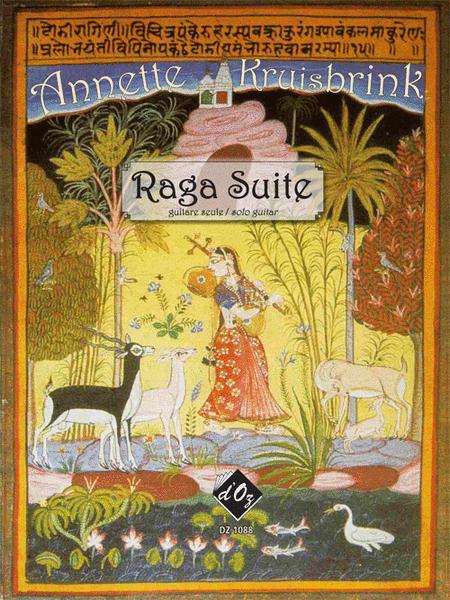

Ragtime was also a modification of the march style popularized by John Philip Sousa, with additional polyrhythms coming from African music. The composition was a hit and helped popularize the genre to the mainstream. Kentucky native Ben Harney composed the song "You've Been a Good Old Wagon But You Done Broke Down" the following year in 1896. It was written by minstrel comedian Ernest Hogan. The first ragtime composition to be published was " La Pas Ma La" in 1895. It has origins within African-American communities in cities such as St. Ragtime music was developed long before it was printed into sheet music. Scott Joplin achieved fame for his ragtime compositions and was dubbed the "King of Ragtime" by contemporaries. The music was distributed primarily through sheet music and piano rolls, with some compositions adapted for other instruments and ensembles. Despite being overshadowed by jazz in the 1920s, ragtime has experienced several revivals, notably in the 1950s and 1970s (the latter renaissance due in large part to the use of "The Entertainer" in the film " The Sting"). Ragtime influenced early jazz, Harlem stride piano, Piedmont blues, and European classical composers such as Erik Satie, Claude Debussy, and Igor Stravinsky. Scott Joplin, known as the "King of Ragtime," gained fame through compositions like " Maple Leaf Rag" and " The Entertainer". Ragtime pieces usually contain several distinct themes, often arranged in patterns of repeats and reprises.

It is closely related to marches, with additional polyrhythms from African music. Ragtime music originated within African-American communities in the late 19th century and became a distinctly American form of popular music. Ragtime pieces (often called "rags") are typically composed for and performed on piano, though the genre has been adapted for a variety of instruments and styles. Ragtime was popularized during the early 20th century by composers such as Scott Joplin, James Scott and Joseph Lamb. Its cardinal trait is its syncopated or "ragged" rhythm. Ragtime, also spelled rag-time or rag time, is a musical style that had its peak from the 1890s to 1910s.


 0 kommentar(er)
0 kommentar(er)
